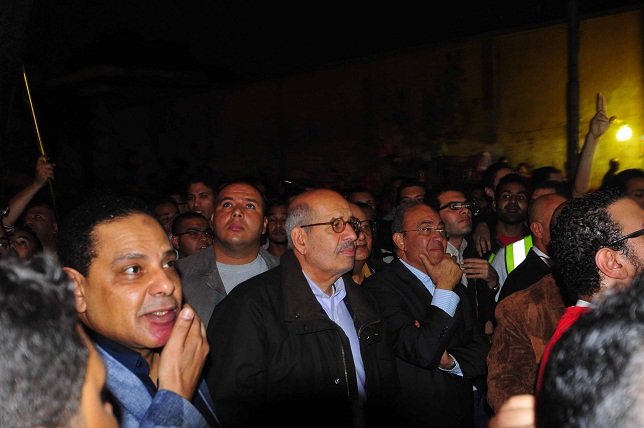A tentative calm prevails in the Gaza Strip as Egypt intensifies diplomatic efforts to solidify the ceasefire and accelerate reconstruction, following months of devastating conflict.
Egyptian Foreign Minister Badr Abdelaty reaffirmed on Saturday the importance of continued coordination with Turkey to ensure the full implementation of the agreement ending the war in Gaza. According to a statement from Egypt’s Foreign Ministry, Abdelaty discussed the outcomes of the Sharm el-Sheikh summit—which produced the U.S.-backed peace framework—during a phone call with his Turkish counterpart Hakan Fidan.
Both ministers stressed the need to stabilize the truce and restore security and stability across the region.
On the sidelines of the Egypt–EU Summit in Brussels, Abdelaty also met with Romanian Foreign Minister Luminita Odobescu to discuss regional developments, particularly the Palestinian issue. He emphasized the urgency of fully implementing the Gaza agreement to ensure a lasting ceasefire and initiate large-scale reconstruction.
Abdelaty noted that preparations are underway for an international conference on early recovery and reconstruction, scheduled to take place in Cairo next month, and called for robust European participation to support stability in Gaza.
Meanwhile, Palestinian factions meeting in Cairo announced an agreement to transfer Gaza’s administration to a temporary technocratic committee composed of independent figures from the Strip. The committee will manage essential services in coordination with Arab states and international institutions, while an international body will oversee the funding and execution of reconstruction projects.
On the ground, humanitarian conditions in Gaza remain dire amid delays in implementing key elements of the ceasefire. The UN Relief and Works Agency (UNRWA) warned that winter supplies and shelter materials are still stuck in warehouses in Jordan and Egypt, awaiting entry into the enclave as temperatures drop. The agency urged unrestricted access to resume humanitarian operations and called for the immediate reopening of schools, describing education as a “lifeline” for children traumatized by war and displacement.
According to Ismail al-Thawabteh, director of Gaza’s government media office, Israel has allowed only 1,100 trucks into Gaza—roughly 15% of the 600 agreed upon daily—and just 17 of the 50 fuel trucks stipulated under the ceasefire terms. He accused Israel of using “political and economic blackmail” by restricting the entry of vital goods and materials.
A source from Gaza’s General Petroleum Authority said gas supplies entering the Strip since the ceasefire began on October 10 have totaled just 296 tons, far below the population’s daily needs.
Local police have warned residents to stay away from unexploded ordnance and suspicious debris left behind by Israeli forces, after several recent explosions injured civilians, including children.
The Gaza Health Ministry reported that 19 Palestinians were killed over the past 48 hours, including four in direct Israeli attacks, bringing the total death toll since October 2023 to 68,519, with more than 170,000 wounded.
Meanwhile, Israeli public broadcaster Kan reported that Washington has prohibited Israel from taking retaliatory measures in response to Hamas’s refusal to return the bodies of Israeli captives. Hamas has reportedly demanded that heavy equipment be allowed into Gaza to assist in recovery operations—conditions Israel has so far rejected.


